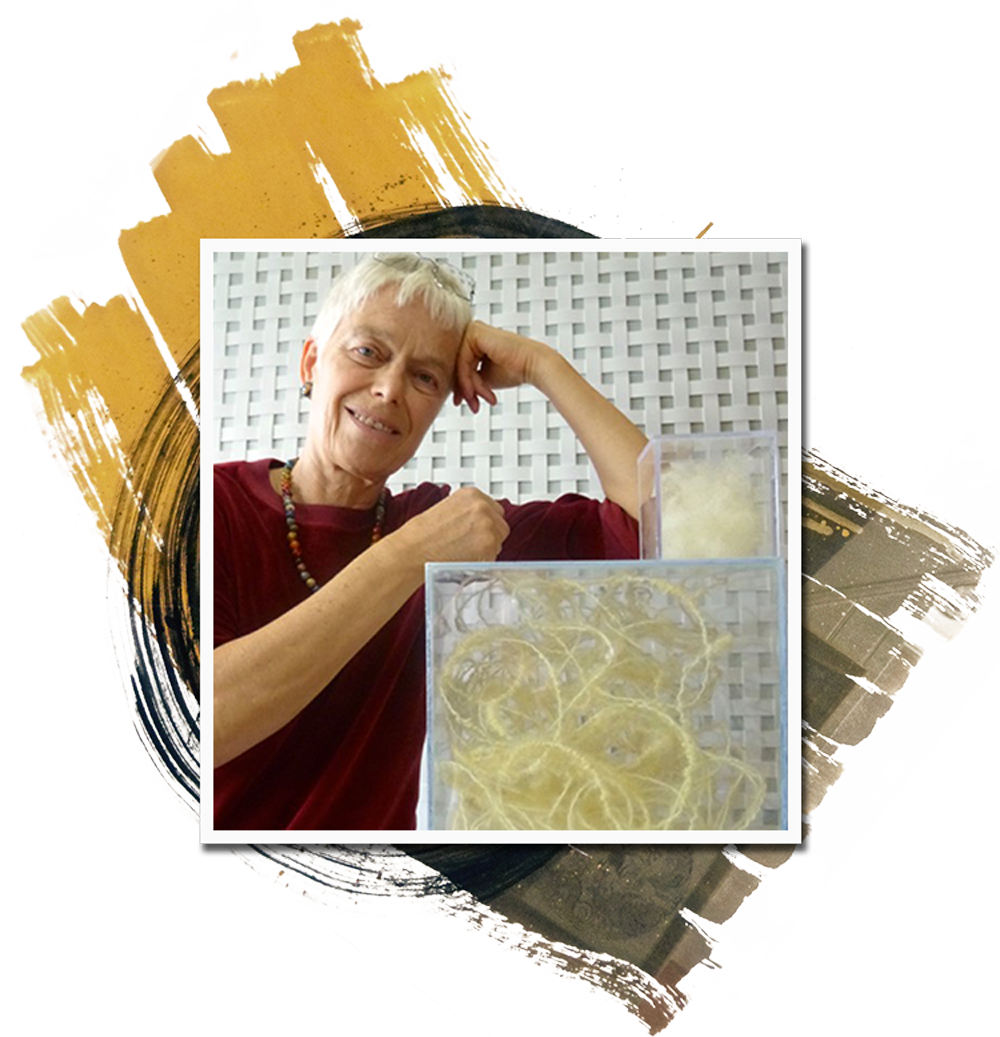About me

I wish you lots of pleasure with my art
ABOUT ME
Welcome to a world of colours and light
Today I can look back on more than 50 years of activity as an artist. My works normally emerge from self-created projects, which are characterized by an important topic or a fascinating technique. Many projects run parallel over several years.
The most noteworthy projects include photo collages, psycho-portraits, stylized nude pictures, double-sided room dividers and textile work, some of which - and more - can be seen on this website.
The project irrelichter, an absurd and at the same time colourful caricature of traditional german domestic lighting methods, can be seen on www.irrelichter.eu.
Short Biography
-
Born in Siegen, lives and works in Soest
-
Studied psychology, with many years in psychotherapeutic practice
-
Freelance artist since 2006
-
Numerous exhibitions & member of Kunstverein Kreis Soest
I largely refrain from exhibiting my work, but I have occasionally presented a few of my pieces:
-
2023 / 2024
„Magische Welten“ in the Kunstsaal in Soest
-
2022
Open studio as part of SoestArt
“Nur Mut” in the Kunstsaal Soest -
2021
"Stadt – Land – Fluss ... Mensch!" in the Kunstsaal in Soest
-
2020
“Die Erben Wilhelm Morgners - Hommage an einen Westfalen” Museum W.M., Soest
“Winter in Soest,” photo exhibition in the Kunstsaal, Soest
-
2019
„Sehnsuchtsorte“ in the Kunstsaal in Soest
-
2018
Solo exhibition in the Kunstsaal in Soest
-
2016
„Die Erben Wilhelm Morgners“ in the Art Museum Wilhelm Morgner, Soest
German-Dutch Exhibition „TREFF 2“ in the Kulturforum Neu-St.Thomä, Soest -
2015
Galerie Künstlerhaus Bem Adam, Soest
„Das kleine Format“ im Kunstsaal, Soest
„Offene Ateliers“, Soest -
2014
„Sicher ist, dass nichts sicher ist. Selbst das nicht.“ in the Kunstsaal, Soest
Galerie Künstlerhaus Bem Adam, Soest
„Illegaler Weihnachtsmarkt“ in the Künstlerhaus Bem Adam, Soest
„Offene Ateliers“, Soest
„K10“ in the Morgnerhaus, Soest -
since 2013
Website to the project „Irrelichter“
-
2013
„Das kleine Format“ in the Kunstsaal, Soest
„Engelsgeflüster“ in the Kunstsaal, Soest
„Illegaler Weihnachtsmarkt“ in the Künstlerhaus Bem Adam, Soest -
2012
„Das kleine Format“ in the Kunstsaal, Soest
„Illegaler Weihnachtsmarkt“ in the Künstlerhaus Bem Adam, Soest
Presentation of „Irrelichter“ to Lori Waxman, American art critic,
dOKUMENTA13 -
2006-2011
Every year at the „Illegalen Weihnachtsmarkt“ (illegal Christmas Market) in the Kunsthaus Bem Adam
-
1985-87
Atelier Walter Jasper, Wadersloh
Café Sauerland, Soest
Restaurant Seehof, Möhnesee -
1984
Solo exhibition in the Wilhelm-Morgner-Haus, Soest

